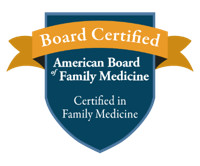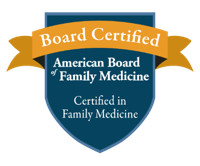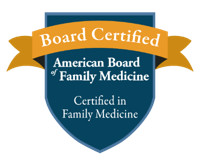Defining Emergency
StorytellERdoc
JULY 10, 2014
I originally wrote this piece in December, 2010. Instead of providing emergent care, it seems I spend at least half of my emergency room time now playing doctor to chronic illnesses. Within minutes, all of these critical patients had been treated with efficient, appropriate life-saving care. To pain control issues.











Let's personalize your content